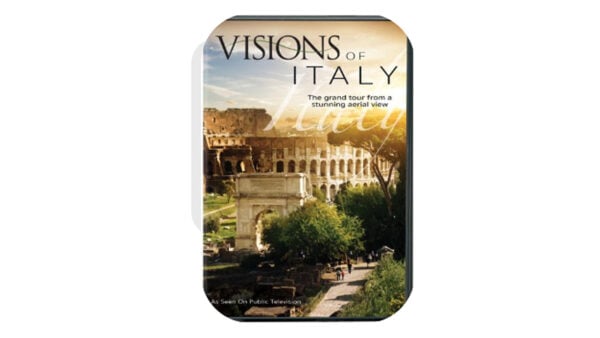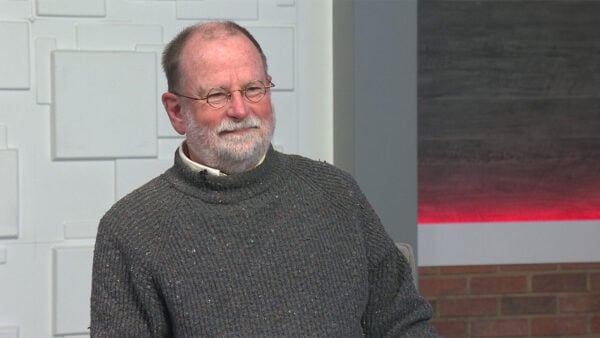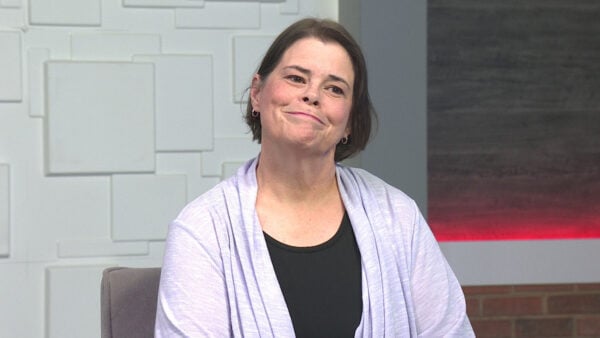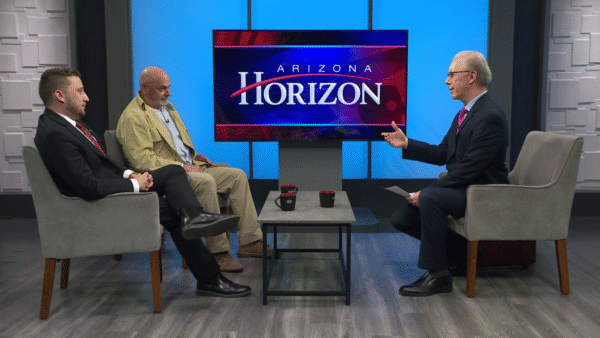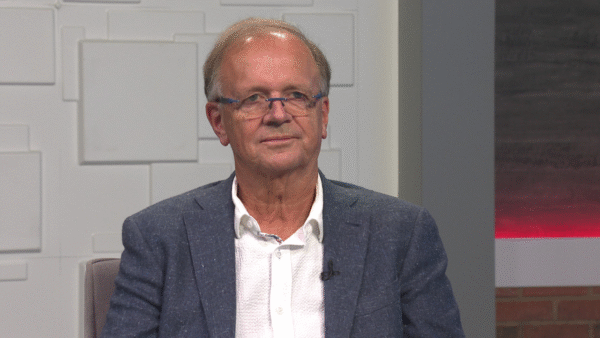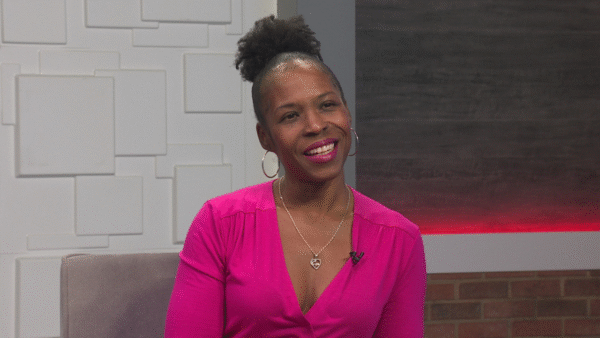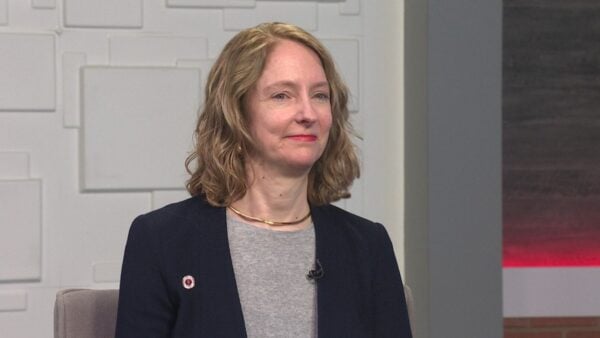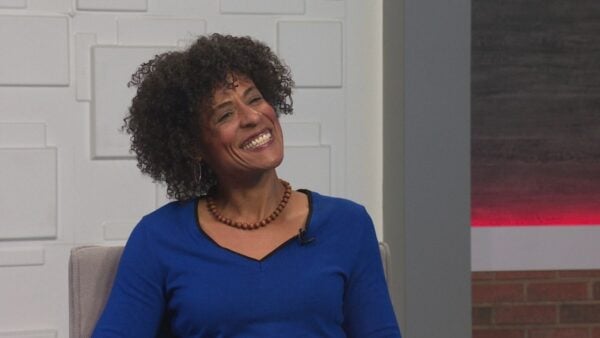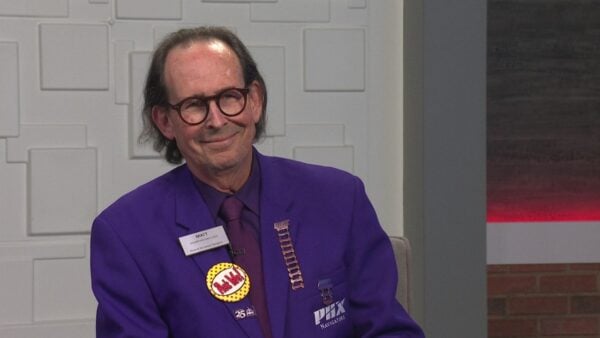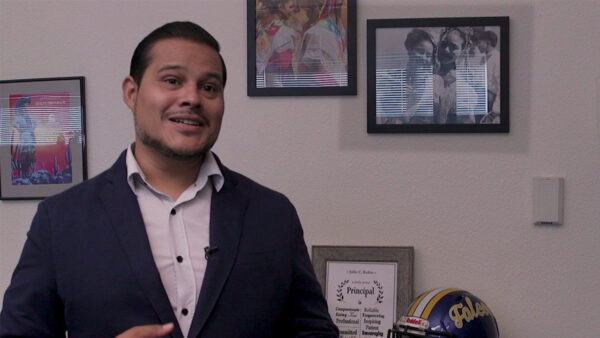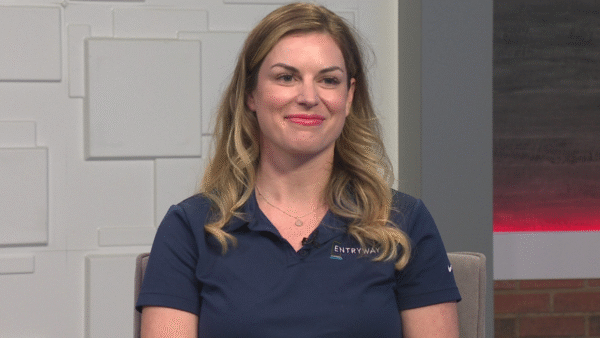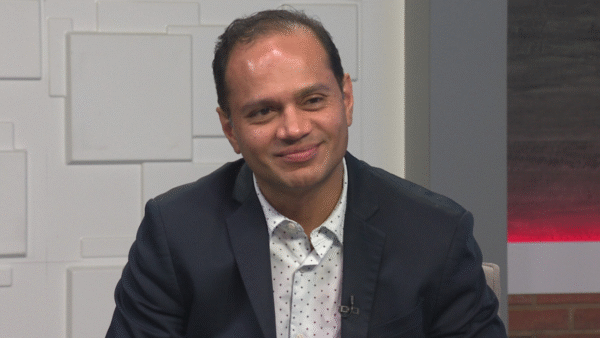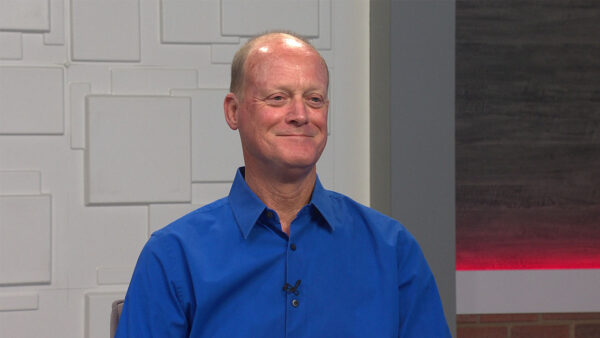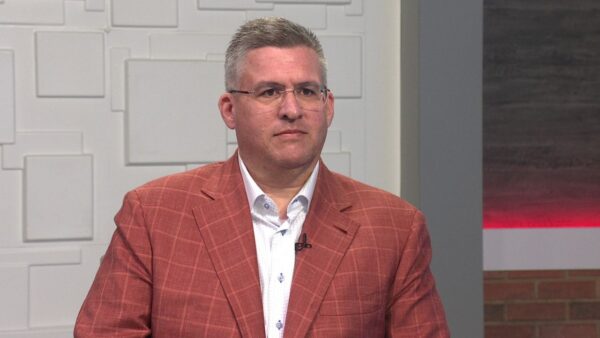Occupy Wall Street protesters can learn a lot from Mahatma Gandhi according to a leading expert on Gandhi’s teachings on civil disobedience. Hear what Dennis Dalton, a retired political science professor from Barnard College/Columbia University, has to say about the topic.
Ted Simons: The occupy Wall Street movement turned two months old today as dozens of protestors were arrested for blocking streets near the New York stock exchange. Here in the valley, Occupy Phoenix protestors remained fairly low key as they took their message aboard the metro light rail. Meanwhile, a leading expert on the teachings of Mahatma Ghandi says occupy groups have a lot to learn from that political leader. Dennis Dalton is retired professor of political science from Barnard college, an affiliate of Columbia University in New York City. I spoke with him recently about Ghandi's teachings on civil disobedience. Thanks for joining us tonight on "Horizon."
Dennis Dalton: Thank you, Ted, for inviting me.
Ted Simons: You betcha.
Ted Simons: Let's start with basics. Who was Mahatma Ghandi?
Dennis Dalton: Mohandas Karamchand Gandhi. Born in 1869 and assassinated in 1948. The leader of the Indian independence movement.
Ted Simons: And he did it by way of nonviolence and civil disobedience. How did he pull it off?
Dennis Dalton: Not easily, when you think of his competitors, there were mass political movements in the 20th Century as history had never seen before. Lenin's Bolshevik movement in Russia and MAO's movement in China. And Hitler's Nazi movement in Germany, and finally Ghandi's movement, all at the same time, 1930s, fired by the great depression. Ghandi, alone, managed to do it through nonviolence.
Ted Simons: How did he do it? I know reaping what you sew is at the core of all of this. But there's so much to civil disobedience, so much to nonviolent protests. How did he do it, when everybody else was taking a whole different avenue?
Dennis Dalton: There was a history of civil disobedience as we know, but he did in it in part because he was influenced by Henry David Thoreau and also Leo Tolstoy. And he gave him advice in 1910, but mainly Ghandi did it through his own brilliance, he combined leadership of a charismatic kind, with a set of ideas that are magnificent and worked down to the grassroots level. The answer, leadership, ideology and organization.
Ted Simons: Could the folks in Germany, the folks in Russia and China, could they have also done -- achieved that kind of success? Or was it something peculiar to the folks in India?
Dennis Dalton: That's a excellent question. It couldn't have been peculiar only to the folks in India, because Martin Luther King managed to pull it off in the United States. And transfer the whole idea of nonviolence, the organization, leadership, from Indian soil to American soil in the 1960s, so the answer is that it's not culture-specific to India. It's transferable and King proved that.
Ted Simons: Time specific?
Dennis Dalton: Time specific too. Time specific to a particular period of concern about inequality and injustice. But not time specific universally, perhaps.
Ted Simons: You mentioned Thoreau and talk about this, has it changed much?
Dennis Dalton: It's changed to some degree, because after all, we don't have the mass movements we had then with Cesar Chávez. There was no mass movement of the same kind that Ghandi had nor with Thoreau. Nothing remotely like that. But we had the mass movements as we said in other countries. What was specific, Ghandi, the way he interpreted nonviolence. Let me read one part briefly of what he said. Power, he said, is of two kinds. One obtained by the fear of punishment, using violence, and the other by acts of love and compassion. Love and compassion when properly expressed can be a thousand times more effective. Yet it's often diluted or contaminated by anger and its influence thereby undermined. A word for nonviolence, must not wish ill to any opponent or use any verbal abuse. This constitutes a counterfeit of true non-violent power because it never intentionally wounds another. There's no place in it for anger or malice. That's what Ghandi and King both practiced and that's what is lacking in the protest movements today. As well as in many other protest movements.
Ted Simons: We're at a time where it's 24/7 news cycle.
Dennis Dalton: Yes.
Ted Simons: Where the culture seems to be much more in your face. You read the comments on any newspaper, website, people can't wait to be as mean as nasty as they can be, mostly anonymously, but not always. There's very much of this thing happening. Can nonviolence, the idea of no anger or try not to let it spill forward, can that work in this climate with all of this information flying at us from all of these different directions?
Dennis Dalton: I was involved in the civil rights movement in the 1960s, I saw Martin Luther King. Speak, act, practice nonviolence. Martin Luther King insisted on using the same kind of creed, nonviolence, as Ghandi, and he managed to use the media in a way that as Ghandi would say, gentle, compassionate in every way, non-violent and managed to avoid in his campaign anger. It can be done today. It can be, it's not that the media is dictating necessarily hatred and malice and partisanship. It's for us to seize, a right way of performing civil disobedience and that right way must be purged of ill will toward an opponent. King repeatedly told me and America, just as we refused to shoot our opponents, so we refused to hate our opponents.
Ted Simons: Again, I've got to ask, in today's climate -- we look at the occupy Wall Street movement, the occupy fill in the blank movement, mostly peaceful but infiltrated by those -- the rent of mob folks, who show up and throw chairs through windows. Beyond that, can you do it in this climate when everybody wants to be mean and nasty.
Dennis Dalton: Think back to the 1960s, to freedom summer, when three civil rights workers in myself, were -- in Mississippi, were badly tortured and murdered and think back to blacks in Birmingham, Alabama, subjected to dogs and hoses. Think back to Martin Luther King, winner of the Nobel Peace prize, being thrown in prison. What gets much worse than that? We can do it today. It's not that we're having a climate so violent -- I agree it's malicious and all the rest. But we can manage it.
Ted Simons: What do you think of the occupy movement?
Dennis Dalton: I think it's three things -- leadership of a Ghandi and King kind. Ideology of a Ghandi or King kind and an organization of a Ghandi or King kind. That's a gold standard that the occupy movement needs to set but it was set by Ghandi and King in India and America.
Ted Simons: We've talked to folks involved in the occupy Phoenix movement and those three points, they seem to not want any part of those factors. They want to keep it as it is, relatively amorphous and leaderless, a people's movement. Can that succeed by way of nonviolence and if so, how far?
Dennis Dalton: We look back at the 20th Century and the movements I just cited, most of them bad, one of them good, that is, Lenin, Hitler, MAO, and Ghandi, those movements succeeded because they had the right chemistry, that's a perfect storm of ideology, leadership and organization. We haven't seen a movement succeed without those. I'm sympathetic to the way in which the occupy Wall Street movement insists on equality in this country. The greed that's enveloping us, I'm sympathetic to much of their cause, but they need to set the gold standard established by Ghandi and King. They need to look to those people and those movements.
Ted Simons: It's good to have you here. Thanks for joining us. I appreciate it.
Dennis Dalton: Good to be here. Thanks a lot.
Dennis Dalton:Retired Political Science Professor, Barnard College/Columbia University;






